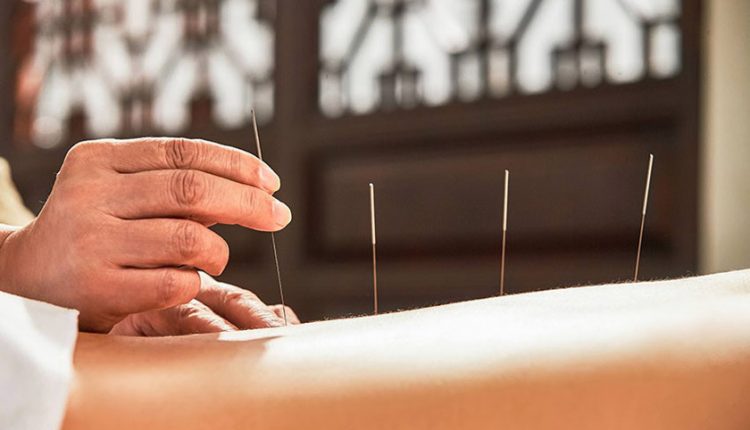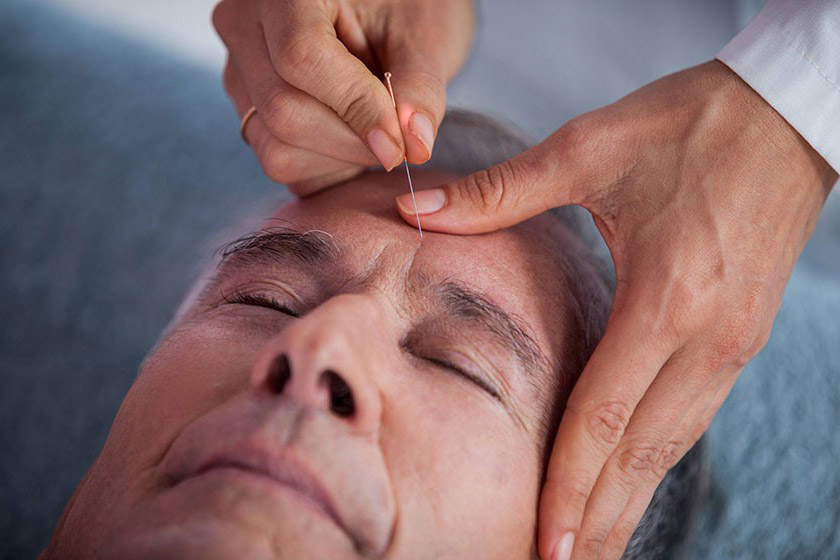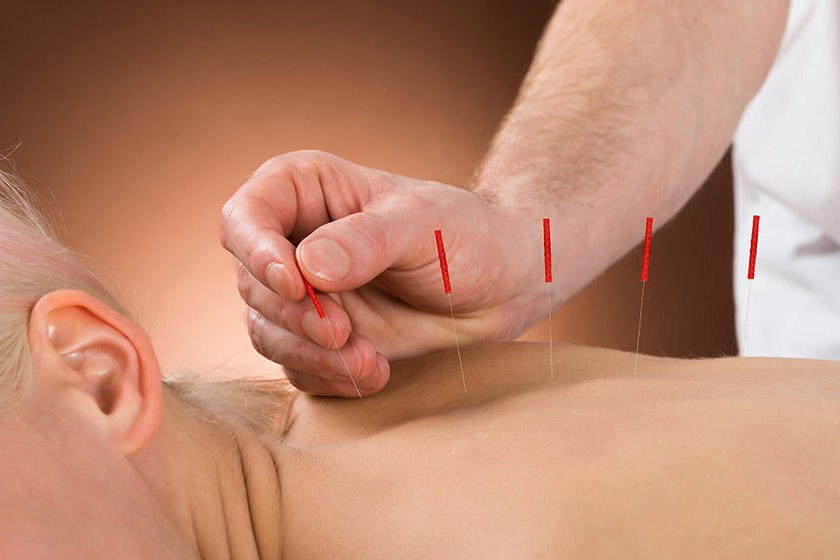
How Acupuncture Drastically Changes Senior’s Health
Acupuncture for Seniors: How It Works, and Benefits
The practice of acupuncture, which refers to the use of needles placed along with specific points on the skin to identify and treat various conditions and symptoms, has been around since the ancient Chinese era. Acupuncture attempts to treat various diseases by inserting needles into the body.
Although each insertion produces a slight injury, the body receives a signal that it needs to respond – despite the damage being so small that most people do not even notice it.
Contents
Acupuncture for Seniors
Acupuncture treatments benefit the elderly’s health and relieve their pain without taking medications. Many diseases, including back pain and colds, have been treated with this ancient treatment. Some research suggest that acupuncture can potentially treat diabetes, obesity, cancer, and MS, but we need more studies to confirm that.
Benefits
Acupuncture has been attributed to countless illnesses and symptoms. Here are just a few examples:
- Certain eye disorders.
- Oral health.
- Respiratory system.
- Back pain.
- Digestive system.
- Sleep disorder
- Controlling inflammation
- Relieving the discomfort associated with arthritis
- Improving and maintaining mental health by reducing anxiety and depression
- Treating allergies
Some studies suggest that acupuncture may help to improve cognitive function in individuals with dementia. For example, a 2015 review of eight studies found that acupuncture was associated with improved cognitive function, memory, and daily living activities in individuals with dementia. Acupuncture may also help to reduce behavioral and psychological symptoms of dementia, such as aggression, anxiety, and depression. A 2019 review of nine studies found that acupuncture improved these symptoms in individuals with dementia.
What Conditions Can Acupuncture Treat?
Numerous clinical studies on the advantages of acupuncture have demonstrated that it successfully treats conditions such as headaches, nausea, migraines, anxiety, depression, and insomnia. Research shows that acupuncture is capable of treating the following conditions or diseases:
- Allergic rhinitis
- Depression
- Facial pain
- Headache
- Knee pain
- Low back pain
- Nausea and vomiting
- Neck pain
- Dental pain
- Migraines
- Osteoarthritis
- Blood pressure and Hypertension

Is Acupuncture Safe for the Elderly?
Acupuncture is a safe treatment. When it comes to elderly health, there are fewer side effects with acupuncture than with most other medical treatments, and if any side effects occur, they are mild. Needles can hurt when they dig into your skin, but they won’t last long. You may also bleed a little bit. People rarely experience nausea and vomiting. In addition to headaches; However, the problems usually do not last more than a day.
According to FDA regulations, each needle must be used only once by practitioners, and each needle should be removed from a sterile package by your acupuncturist. Ensure that your needles are clean so that severe side effects like infection do not occur.
What Are Acupuncture’s Side Effects?
Those who take blood thinners (anticoagulants) or have bleeding disorders may not have acupuncture. Electroacupuncture should be avoided by anyone who has a pacemaker, infusion pump, or another electrical device. If you’re receiving complementary and alternative treatments, including acupuncture, make sure your physician knows it.
What Should I Do Before Acupuncture?
When preparing for your first appointment, it is important to consider a few things:
Before Your Acupuncture Appointment
Describe all other treatments you have received before visiting them to help the acupuncturist evaluate how they align with your treatment.
You may feel a bit hungry during your session, so having a light snack before your appointment is good.
During the Acupuncture Appointment
The best advice you can follow is to relax during your acupuncture. Take a deep breath and settle once the needles are set into the pressure points.
After the Acupuncture Appointment
Stay well hydrated and comfortable. If you find that you liked a specific treatment, or if your treatment was not as you expected, you may want to take detailed notes about the treatment, how it worked, and how you felt later.
Your acupuncturist can use this feedback to adjust your future appointments so they can fine-tune your treatment and measure its effectiveness.

What Should I Avoid After Acupuncture?
Before and after your acupuncture session, there are several important things to avoid. Do not consume caffeine before or after your appointment since it can delay your recovery.
Since acupuncturists use the coating, colour, and texture of your tongue to make diagnoses; Often, the recommendation is not to brush your tongue for two days before your appointment.
Having a light snack before your acupuncture appointment is a good idea, but you should not have heavy, greasy foods or drinks. It would be best to avoid alcohol and stimulants for 12 hours after acupuncture.
How Often Should You Get Acupuncture?
Each person’s needs have to be met individually regarding acupuncture, like any other health treatment. The length of treatment depends on what you wish to accomplish during the treatment, so you should discuss this with your acupuncturist.
If you’re wondering how long should you wait between acupuncture treatments, you should know that maintenance sessions are held either once a month or once every few months. However, things differ when it comes to chronic conditions.
People with chronic conditions may want to start with an intensive program; This is a great way to get the most out of the cumulative effects of acupuncture. Once two or three weeks have passed, your acupuncturist will likely switch to once every two weeks. People who suffer from chronic conditions can use this to manage their physical symptoms and illnesses.
Final Words
Acupuncture is not magic, but when used in combination with other approaches to ensure the body’s well-being, it helps you relax and get rid of anxiety. After all, health is the greatest possession.
If you consider acupuncture as a treatment or want to have a new experience but still are skeptical, you can always consult your doctor and read the reviews online.
I disagree with the type of treatment because maybe the clinics are not clean or the therapist is not professional. also, I always prefer modern therapies.
Acupuncture is not for everyone. the whole point of this form of treatment is to feel better. If you are skeptical about the whole procedure, you definitely should not try acupuncture.
There’s no obligation, really. Everyone has their own opinion when it comes to medical services. But I think we think like that because we are used to modern-day therapy and have never tried more traditional methods.
I agree with you. I basically trust scientifically approved methods and drugs. I know it is an old Chinese treatment approach but I can’t rely on something that hasn’t been tested in laboratories before.
How much water should I drink after acupuncture? And does it have to be water? I can not always drink water. It makes me feel sick. I’m ok with juice. Is it ok to drink apple juice or orange juice after acupuncture?
Actually, I don’t think there is a definite number for the glasses of water you need to drink. Just drink as much as you can, and you don’t have to drink to the extent you feel sick